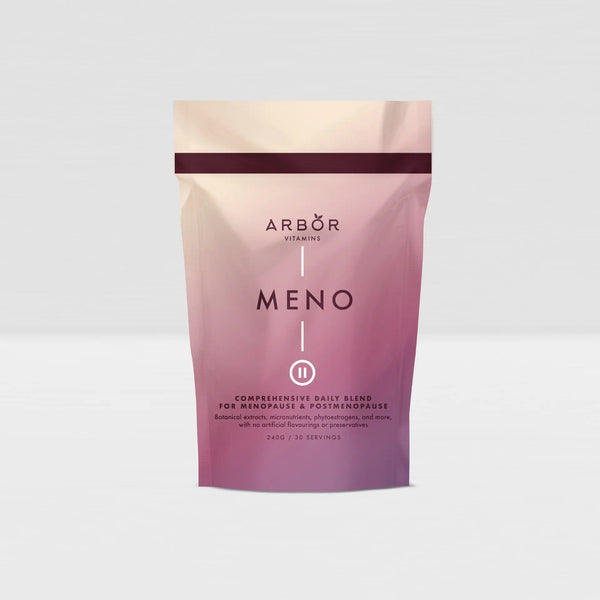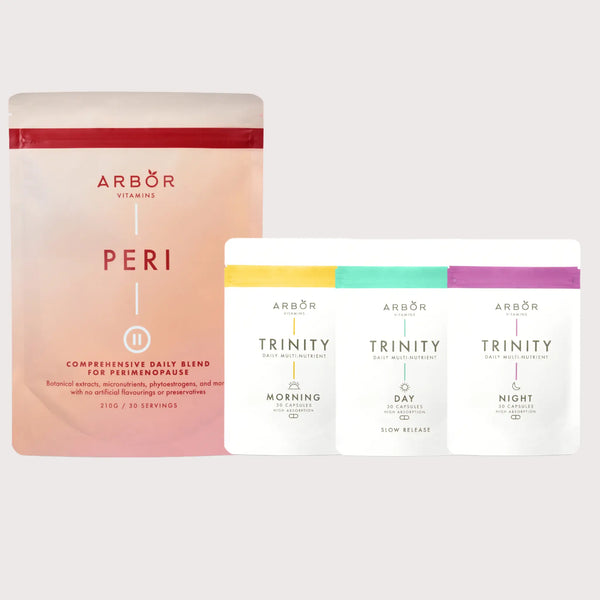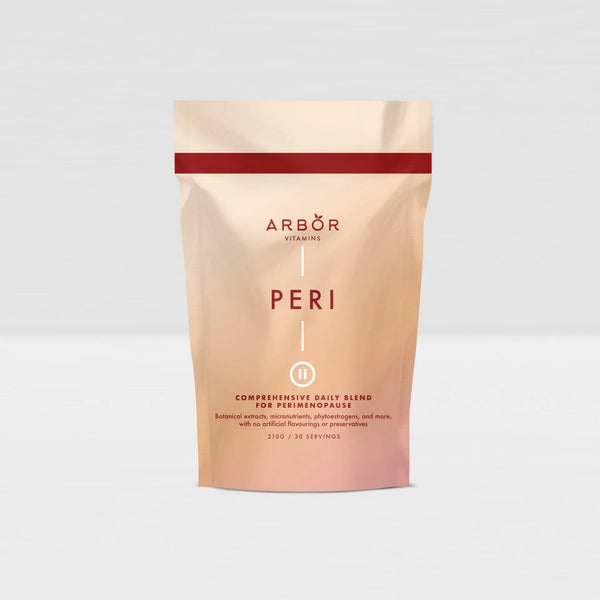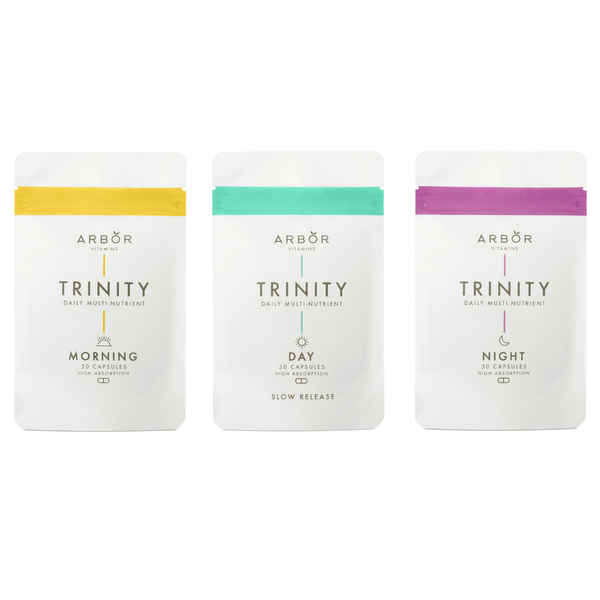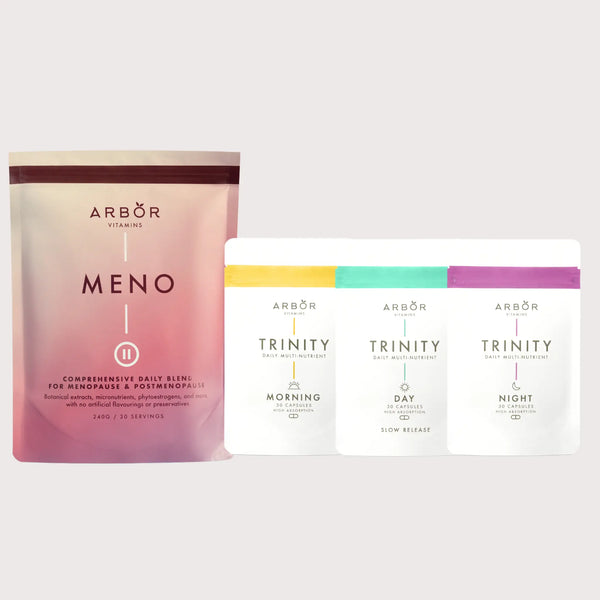What Supplements Should Vegans Take?
The focus on eco-friendly, healthful meals in recent years has made it easier for many people to adopt vegan and vegetarian lifestyles. But amid all the wonderful plant-based foods, one concern is about what supplements should vegans take to ensure they're maintaining adequate nutrition levels on a daily basis.
Keep reading to know what supplements vegans are more likely to require.
Vitamin B12: The Perplexing Compound
One essential ingredient that is infamously lacking from vegan diets is vitamin B12. It is mainly obtained from dairy and different types of meat. It is critical for:
- DNA synthesis
- Brain function
- Red blood cell creation
Numerous health problems can occur with vitamin B12 depletion, including:
- Anaemia
- Damage to the neurological system
- Infertility
- Heart diseases
Vegans can close the gap by taking:
- Vitamin B12 supplements
- Vitamin B12 fortified plant milk
- Nutritional yeast
Buy our TRINITY multivitamin nutritional supplements (containing B12) here.
Vegan Omega 3: Heal the Heart and Brain
Your heart and brain need good fats. Two of them are of prominence:
- DHA (Docosa-hexa-enoic acid)
- EPA (Eicosa-penta-enoic acid)
DHA and EPA are primarily found in marine sources. However, they provide a barrier for vegans. ALA (Alpha-linolenic acid) is easily accessible in plant oils and seeds.
You can also increase your consumption of omega-3 fatty acids with algae oil supplements. They offer a sustainable substitute for fish-based alternatives.
Read about foods rich in B vitamins.
Zinc: The Holistic Protector
Zinc is essential for immune system performance and cell repair. Deficiencies cause symptoms such as slowed wound healing and hair loss.
Many sources are derived from plants. However, their absorption may be impacted by the presence of phytates. Zinc-rich foods are:
- Whole grains
- Nuts
- Seeds
- Fermented foods
Vitamin K2: Supporting the Handling of Calcium
Calcium is regulated by vitamin K2 and accumulates in soft tissues rather than in bones and teeth. Vegans can obtain K2 through fermentation, but ageing bodies need supplements to fill the gap.
Typical examples of vitamin K2-rich fermented foods are:
- Plant-based kefir
- Unpasteurized kombucha
These are further enhanced by the body's conversion of vitamin K1.
Iron: The Body's Energy Source
Iron is essential for immune system response, energy metabolism, and oxygen transport. Its deficiency leads to anaemia and exhaustion.
Plant-based sources provide ample non-heme iron. Meals rich in vitamin C can enhance its absorption.
Foods and supplements enriched with iron offer easily available ways for people who need extra assistance to achieve their iron requirements.
Calcium: The Material That Builds Bones
Calcium supports nerve signalling, muscular function, heart health, and the health of the skeleton and teeth. Plant-based foods can provide calcium. However, their intake may need to catch up with omnivorous foods.
Vegans can get their recommended daily intake of calcium via foods fortified with calcium, such as:
- Legumes
- Grains
- Dark leafy greens
Iodine: Keep Your Thyroid Healthy!
Thyroid function is mainly dependent on iodine. It also regulates other metabolic functions that are essential to general health. Vegans should make thoughtful dietary decisions and take supplements since they will likely experience deficiencies.
To protect against iodine deficiency and related symptoms, include iodised salt, seaweed, and iodine supplements.
Buy MYCO functional mushroom powders here.
The Bottom Line
A carefully planned vegan diet offers numerous health benefits. However, it's important for vegans to understand which supplements they are more likely to need to take. By incorporating supplements and nutrient-rich plant-based foods into their diets, vegans can attain optimal health and vitality while embracing a compassionate lifestyle.


